Benefits Of Moringa Seeds For Health, Skin, And Hair
Learn how beneficial these nutrient-dense seeds are, from addressing skin issues to supporting digestion.
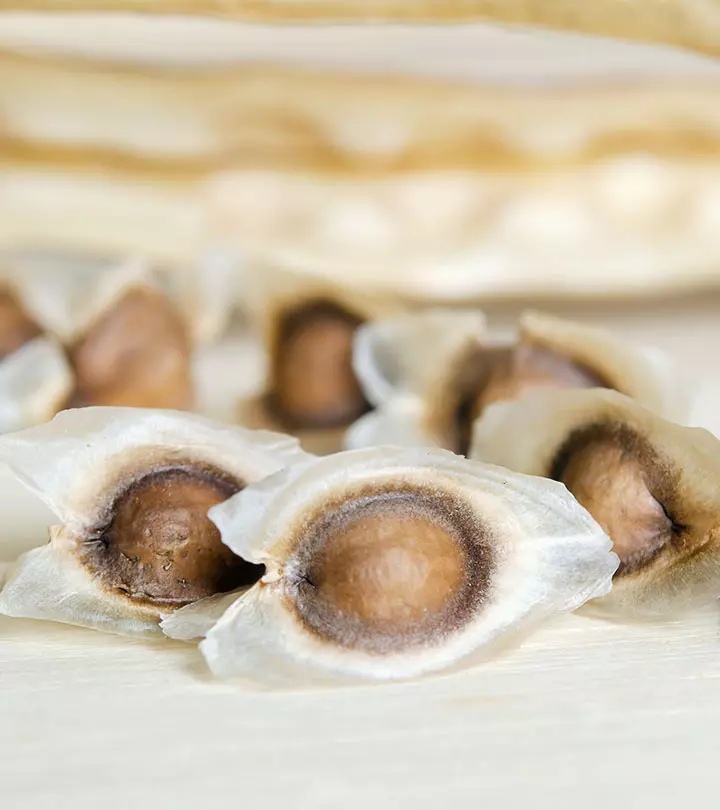
Image: ShutterStock
The benefits of moringa seeds will leave you searching for ways to include this nutrient-rich superfood in your diet.
Moringa (Moringa oleifera) originates from the sub-Himalayan region, Asia, Africa, and Arabia and is becoming increasingly popular in Western countries. It is a special plant that has been used for healing for many centuries. People call it the “Miracle Tree.” It is used for food and medicine in many different cultures. Moringa is great for fighting malnutrition and keeping you healthy.
There are different names for moringa in different countries and regions, but it is more commonly known as ‘drumstick tree’ in India. The Filipinos refer to this plant as ‘Mulunggay’ in Tagalog, which is similar to the English term ‘Moringa’.
The Moringa plant’s pods produce moringa seeds, which are rich in health benefits.
Vitamin B6, beta carotene, vitamin C, magnesium, and protein are abundant in these seeds. This tree has a high nutritional density and can address skin problems and improve digestive health and vision. The protein, iron, and vitamins present in the seeds maintain energy levels and give an energy boost.
This article discusses the benefits of moringa seeds, their nutritional profile, how to use them for maximum benefits, and any potential side effects. Take a look to know how moringa benefits your health, skin, and hair.
 Know Your Ingredient: Moringa Seed
Know Your Ingredient: Moringa SeedWhat Is It?
A tiny brown-colored seed often surrounded by white butter paper-like fakes obtained from dried moringa beans.
What Are Its Benefits?
It slows down skin aging, improves heart and brain health, and promotes healthy hair growth.
Who Can Use It?
Anybody except people on diabetes, high blood pressure, and thyroid medications.
How Often?
You can consume 3 – 4 seeds per day.
Caution
Consult a doctor before consumption if you are pregnant. Excess consumption may cause bloating, upset stomach, and diarrhea.
In This Article
What Is The Moringa Tree?
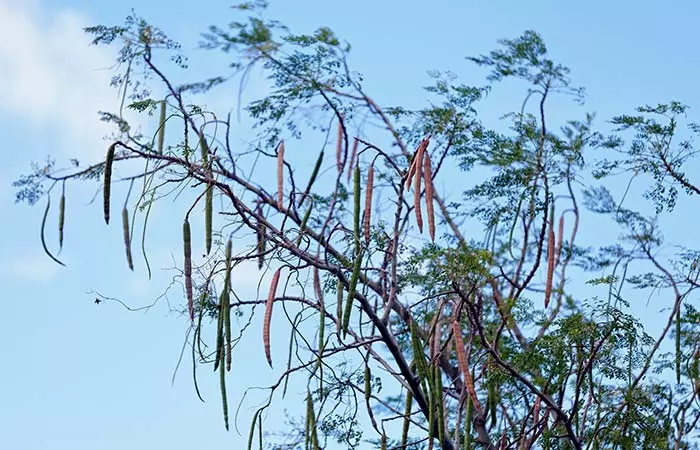
Moringa oleifera is one of the most valuable plants known to mankind, for decades. It is a native of the sub-Himalayan region, Asia, Africa and Arabia, and is gaining popularity in several Western countries.
There are 4 edible parts of the moringa plant – its pods, leaves, seeds, and roots. Apart from producing edible parts, this plant also has the potential to solve problems like malnutrition, starvation, rural poverty, public health, deforestation and aesthetics (1). The incredible health benefits of moringa seeds are obtained from the pods of the Moringa plant.
The Moringa tree has been popularly called as “The Miracle Tree” in Asia, Africa and Caribbean Countries for centuries. It is rich in nutrients like vitamin B6, beta carotene, vitamin C, magnesium, and protein.
Owing to its rich nutritional density, this tree is known to cure or treat conditions of the skin, digestion, vision, diabetes, cholesterol, bacterial infections, obesity and promotes overall well-being ( 2).
 Did You Know?
Did You Know?Now let’s get to the important part: moringa seeds. Let’s find out what the hype is all about.
What Are Moringa Seeds And Why Should We Eat Them?
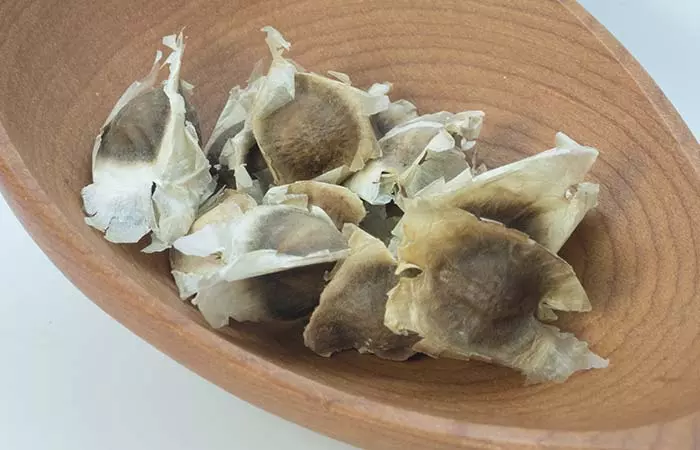
Before we jump into the why let’s talk about the what. What are moringa seeds?
The moringa tree has slender green pods that hang down from its branches. It is from these pods that moringa seeds are removed. They can be eaten either cooked or roasted.
So why consume these seeds?
They contain a wide variety of nutrients that give these seeds antioxidant and anti-inflammatory properties. These seeds also reduce the risk of heart disease, lower cholesterol, stabilize blood sugars, and improve our immune system.
Moringa seeds also have external uses. The benefits of moringa oil, extracted from these seeds, are well-known. The oil extracted from them acts as a natural moisturizer for the skin. It is also applied topically as an astringent, as it helps fight bacterial infections, and treat wounds, cuts, and bites (3).
Carl Sorensen, a blogger, created a blog to educate people about the uses of the moringa tree. He encourages individuals to share their personal experiences or contribute to the blog. An account shared by Doug, a contributor, sums up the effect the moringa had on his mother’s health who was undergoing cancer treatment as follows, “Now, we don’t say this is a cancer ‘cure’, but for her it was enough to regain her immune system, strength and life back and now (we) feel compelled to share this with others, in hopes that it may help them with their illness and give them a second chance at life! (i).”
Now, here is a little brief on its nutritional status.
What Are The Nutrition Facts Of Moringa Seeds?
Let’s learn a little about the nutritional value of moringa seeds. Following are the ranges for different macronutrient composition of the 100 grams of the dry weight of the seeds:
| Nutrients | Ranges |
| Fat | 34.7 to 40.4 grams |
| Proteins | 29.4 to 33.3 grams |
| Carbohydrates | 16.5 to 19.8 grams |
| Fiber | 6.8 to 8.0 grams |
| Moisture | 5.7 to 8.9 grams |
That was all about moringa seeds properties? Let us now talk about what is moringa seed good for?
What Are The Benefits Of Moringa Seeds For Our Health?
The health benefits of moringa oleifera seeds are a lot more than what can be accounted for. But let’s take a look at some of the important ones –
- Lower Blood Sugar Levels

One of the significant properties of moringa seeds is its ability to reduce blood glucose levels. Hence it acts as an anti-diabetic agent.
A study done in 2012 tested the effects of moringa on diabetic rats. The rats were treated with an extract of moringa for 21 days and at the end of the period, there was a considerable reduction in the blood glucose levels of the rats (4).
This goes to show that moringa seeds exhibit optimal blood sugar control and can benefit people with high blood sugar levels.
- Can Lower Cholesterol
Moringa oleifera is known to have positive effects on our cholesterol and lipid profiles, providing cardiovascular benefits.
A study was done in 2003 on rabbits, who were fed moringa (200mg/kg/day) for 120 days. The results of this study showed the rabbits to have lower serum cholesterol and triglyceride levels in their bodies. These rabbits showed a decrease in the lipid profiles of the liver and the heart. The study promptly concluded that moringa contains cholesterol and lipid lowering properties (5).
- Promote Heart Health

Moringa seeds exhibit properties that can protect our cardiovascular system. It helps to protect our heart from complications that arise from having hypertensioni High blood pressure condition where the blood exerts too much pressure on the arterial walls. Blood pressure over 140/90 is usually regarded as hypertension. .
This was proved by a study that was conducted in France in 2016 on hypertensive rats. The study tested the cardiac effects of moringa seed powder on hypertensive rats for 8 weeks. The results showed that there was not much change in their blood pressure values, but they showed an improvement in the cardiac diastolic function and had reduced levels of triglyceridesi A form of excess fat (lipid) present in the blood that the body creates when there are calories that aren't immediately used. in their cardiac system (6).
The data from the study concluded that moringa seeds have a beneficial effect on our cardiac structure and promote overall heart health.
- Anti-Inflammatory And Antioxidant Properties
A 2016 study was done on moringa seeds that tested positive for natural products like cannabidiol and moringin. The study proved that moringa seeds possess a great amount of anti-inflammatory and antioxidant properties that play a vital role in the healing processes of many diseases (7).
Another study done in 2011 also tested the anti-inflammatory and antioxidant effects of moringa seeds. The anti-inflammatory test was carried out in rats, by inducing edemai Swelling caused due to an excessive amount of fluid being trapped in the body's tissues. , and the antioxidant test was carried out to test the reducing power, chelating effect on Iron ions (Fe2+) and free radical scavenging of moringa seeds (8). Both the tests showed positive results, establishing the fact that moringa seeds exhibit both anti-inflammatory and antioxidant properties.
- Support Brain Health
Moringa seeds increase our mental focus and improve our brain health.
Our brain needs a constant supply of nutrition to work at its optimum level. Some of the best foods to eat for a healthy brain are amino acids, omega-3s, antioxidants and vitamin E (9). Moringa seeds are a rich source of all these nutrients, thus promoting brain health and contributing to one’s mood improvement.
- Promote Liver Health
Moringa seeds have amazing properties to reduce liver damage and promote overall liver health.
A study done in 2010 tested the effectiveness of moringa seed extract on liver fibrosisi Occurs when healthy liver tissue becomes scarred and is unable to function. If left untreated, it can lead to liver failure and cancer. in rats. Liver fibrosis was induced in the rats twice a week for 8 weeks. At the same time, moringa seed extract was also given to them daily. At the end of 8 weeks, the study showed that the seeds of moringa heal liver injury and act against the induced liver fibrosis in rats (10). and may also possess anti-cancer properties.
- Act As A Sleep Aid

One of the many benefits of moringa seeds is its ability to aid the treatment of insomnia (11). The oil extracted from moringa seeds is a rich source of many vitamins and minerals and contains essential amino acids that stimulate sleep inducing hormones. This oil produces a calming effect and helps you sleep longer and better with its anti-depressant properties.
- Improve Eyesight
Moringa seeds are also known to improve eyesight or help treat poor vision as they are rich in vitamin A (12) .
There is not much research relevant to this topic, but there have been countless testimonials given by people who have used moringa seeds for their vision improvement. They claim to experience an improvement in their eyesight, even after spending a considerable number of hours in front of their computers.
- Boost Immune System:
There are several nutrients that individually help to protect our body against diseases and infections.
Moringa seeds are power packed with all these nutrients, like protein, vitamin A, C, E, zinc and a significant number of antioxidants. Various studies done on moringa seeds prove that all these nutrients put together make moringa seeds an excellent defence mechanism for the body (13
, 14).
- Treat Anemia
Moringa seeds are rich in iron, a nutrient responsible for maintaining a healthy RBC count in our blood. A deficiency of iron leads to anemia. A person who is deficient in iron may not only be anemic, but also present other symptoms like constant fatigue, weakness, headaches, shortness of breath and poor cognitive skills (15).
A study done in 2016 reviewed the nutritional values of moringa and recorded that moringa oleifera is a rich source of iron and consuming them increases iron absorption that helps overcome iron deficiency and treat anemia (16).
- Heal Ulcers
Moringa seeds have brilliant anti-ulcer properties. Additionally, their wound healing properties also play an important role here (17). Traditionally, it has been widely consumed in India and Pakistan to treat gastric ulcers (18).
A recent study was done on rats, on whom gastric ulcers were induced, and moringa leaf extract was administered regularly. The study showed that regular moringa extract helped reduce the ulcers and acid pepsin secretion was decreased (19).
These were the top moringa benefits for our general health. But moringa seeds are also used in the cosmetic industry as they provide multiple benefits for skin health too.
What Are The Benefits Of Moringa Seeds For Our Skin?
Following are few of the numerous benefits of drumstick seeds for our skin –
- Slow Down Aging
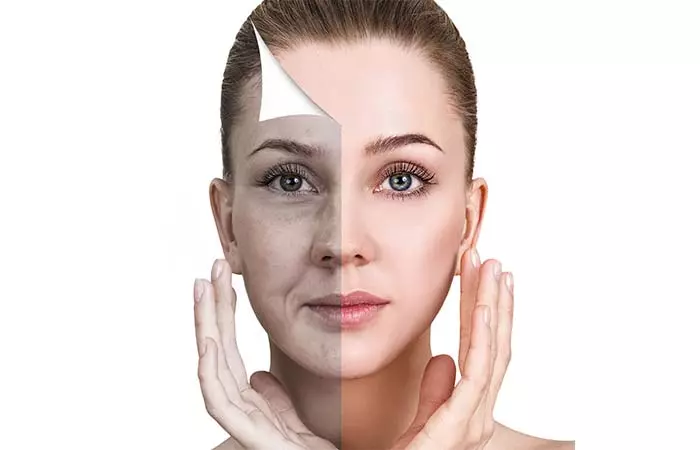
Moringa seeds contain oil that is extracted and used in the beauty industry. Certain health and beauty websites claim that this oil is “highly valued” in their industry since it contains excellent anti-aging properties. Furthermore, they go on to say that the oil contains several nutrients and antioxidants that reduce the damage caused by free radicals on the skin (20). Moringa seeds are also known to contain collagen, which helps to reduce wrinkling on the skin and lessen blemishes, thus promoting younger-looking skin. Moringa’s benefits for the skin are widely recognized. Keep reading to learn more!
- Act As A Rich Moisturizer

The oil extracted from moringa seeds contains a significant amount of essential fatty acids like omega-9 fatty acids, which makes it one of the best natural moisturizers for the skin. Not only does it lock the moisture in, but it also gives a natural glow to the skin (21). This property of the moringa seeds makes it very popular in the cosmetic industry.
Moringa oil is used in a number of cosmetic products. Moringa seed oil is highly valued in the beauty and cosmetic industry. It finds its uses in several products like
- Anti-aging creams
- Soaps and body washes
- Hair products
- Massage and aromatherapy oils
- Face and body creams
- Perfumes and deodorants
- Body oils and scrubs
Moringa seed oil is also exceptionally good at lifting out dirt and grime from skin and hair, making it a very powerful cleansing agent (22).
Let’s take a look at other ways in which moringa seeds benefit our hair.
What Are The Benefits Of Moringa Seeds For Our Hair?

We all want beautiful hair, but all the best hair care brands in the market are loaded with chemicals and cost a bomb. So what is the best natural alternative to having healthy and shiny hair? Moringa, of course!
Moringa’s benefits for hair are impressive, thanks to its rich composition. We just learned about all the various moringa seeds benefits for our health and skin, and we know how nutrient dense moringa is. The same nutrients also provide tremendous benefits for the hair as well.
The iron present in moringa helps prevent hair loss and promote healthy hair growth. The zinc in moringa improves the quality of hair by healing damaged hair follicles. Moringa is loaded with essential amino acids that help to build and repair cells. There are several other nutrients present in moringa that help to build soft, healthy tresses by giving us stronger hair and encouraging better hair growth.
Even though there is not much research available in this regard, several hair care brands have been using moringa as the primary ingredient in their products and have received positive testimonials from people all over the world.
Now that you know how moringa benefits your hair, another important use of moringa seeds is its use in the treatment of water, to cleanse and purify it from toxins. Read on to know more.
How To Use Moringa Seeds For Water Treatment?
Moringa seeds have been widely used in several developing countries to purify and cleanse river water. They lower the bacterial concentration in the water, making it safe for us to drink or use it for domestic purposes. Moringa seed powder works as a coagulant and sticks to the bacteria and toxins in the water and sinks to the bottom. This process filters out about 90 to 99% of the impurities present in water (23).
A study was done in Sudan in 1987 to test the effectiveness of moringa as an agent for pollutant removal in surface water treatment. Water treatment was carried out with moringa seed powder as a coagulant. A turbidity reduction of 80-99% was observed within the first 2 hours of treatment (24).
Want to try purifying water with moringa seeds on your own? Here is how you can do it at home. The following method is for purifying 20 liters of water:
- Take impure water that needs to be cleaned in a big tub or a bucket.
- Grind moringa seeds into a fine powder and add 2 heaped spoonfuls of the powder into a small bottle containing clean water.
- Shake this bottle for a few minutes.
- Filter this water through a cloth into the bucket (containing impure water).
- Stir the water in the bucket rapidly for about 2 minutes, and then slowly for the next 10 to 15 minutes and then let it stand undisturbed for about 1 hour.
- After an hour or two, you will see impurities at the bottom of the bucket.
- Filter out this water into a clean space through a cloth.
- Your water is now filtered and safe to drink.
Yes, moringa seeds uses are awesome. But how many ways and in what quantity do we consume this goodness? Read below.
How To Eat Moringa Seeds And How Many?
Moringa seeds can be popped like popcorn, with some butter and enjoyed as a snack or cooked like peas and eaten along with meals. Whichever way you prefer to eat them, always make sure to consume just a few seeds at a time (in a day).
Roasted moringa seeds are an excellent on-the-go crunchy snack that you can prepare easily at home. Here is how to do it.
What You Need
- 3-4 cups of moringa seeds
- Baking sheet
- Salt (if needed)
Directions
- Crack the shells with a pestle or hammer.
- Remove the outer shells without damaging the kernel.
- Spread the kernels on a baking sheet.
- Let them air dry for a few days till they are crispy.
- Once dried, roast them in a preheated oven at a low temperature.
- Wait for 10-15 minutes or until they are golden brown.
- Serve them as a standalone snack.
Anecdotal evidence suggests that consuming a large quantity of moringa seeds may cause an upset stomach. Hence, exercise caution.
What about moringa seeds dosage? There is no research for the exact dosage of moringa seeds, but it is widely recommended by experts that just a few (a small handful) seeds a day are enough to provide us with utmost benefits.
 Quick Tip
Quick TipWhere To Buy Moringa Seeds?
Moringa seeds are readily available at herbal stores or online on Amazon or eBay, at fairly reasonable prices.
We’ve heard all the good things about moringa seeds. Is there anything to be cautious about? Let’s find out.
Side Effects of Moringa Seeds
There is insufficient evidence for the side effects of eating moringa seeds. So, it helps to take some precautions. Most importantly, pregnant women are asked to consult their physician about consuming moringa.
It is also not advisable to consume these seeds in large quantities, as its cleansing properties are very powerful and the stomach may take some time to get used to eating such a strong product.
Moringa seeds might affect the way your body reacts to medicines for diabetes, blood pressure, and blood thinners. If you take any of these medicines, it is important to talk to a doctor before eating moringa.
Got some more questions but don’t know the answers? Here are some popularly asked questions that are answered by experts.
Infographic: Top 4 Reasons To Have Moringa Seeds
It is true that Moringa seeds are relatively undiscovered in terms of their popularity, but they are not lacking in nutrition when compared to other popular plant seeds. It is packed with many nutrients that make it beneficial for those who are seeking heart-healthy foods.
Check out the infographic below to learn more about the benefits of moringa seeds for your heart and for maintaining healthy blood circulation. Illustration: StyleCraze Design Team
Moringa seeds are nutrient-dense. They contain potent antioxidants and astringent and anti-inflammatory compounds. The benefits of moringa seeds include protection against cardiovascular disease, lowered cholesterol levels, regulated blood sugar levels, and improved immune system support. However, excess consumption may cause a few side effects as it is a strong digestive cleanser. If you experience any side effects, limit your consumption and seek medical advice.
Frequently Asked Questions
Can moringa seed reduce belly fat?
Barbara Kovalenko, a nutritional consultant, says, “Moringa seeds are high in fiber, which can help regulate digestion and promote feelings of fullness. This may lead to a reduction in overall calorie intake and potentially contribute to weight loss.”
What benefits does moringa have for women?
Kovalenko says, “Moringa has a variety of health benefits for women, including improving bone density and health, reducing inflammation, and providing a rich source of antioxidants. However, as with any new supplement, it is recommended to consult with a healthcare professional before adding moringa to your diet.”
How to make moringa seed powder?
Dry roast mature, dried seeds for a few minutes. After they cool down, grind them into a fine powder.
When to take moringa?
Always take moringa with a meal, never on an empty stomach.
Can moringa cause blood clots?
Some research suggests that moringa stimulates blood clotting, which can even become a predisposing factor for venous thromboembolism (a condition where a blood clot forms in a vein) (25).
Can moringa cure joint pain?
Possible. Applying a paste of moringa leaves to the joints may help reduce the pain. Its anti-inflammatory properties may also help ease arthritis symptoms (26)
Key Takeaways
- Moringa seeds may help promote healthy brain function due to the presence of amino acids, antioxidants, and vitamin E.
- The oil from the seeds can produce a calming effect and stimulate sleep-inducing hormones.
- These seeds also contain high levels of vitamin A that may help improve poor vision and boost immunity.
- Moringa seeds may help lessen blemishes and promote younger-looking skin due to the presence of collagen in them.
Illustration: Benefits Of Moringa Seeds For Health Skin And Hair
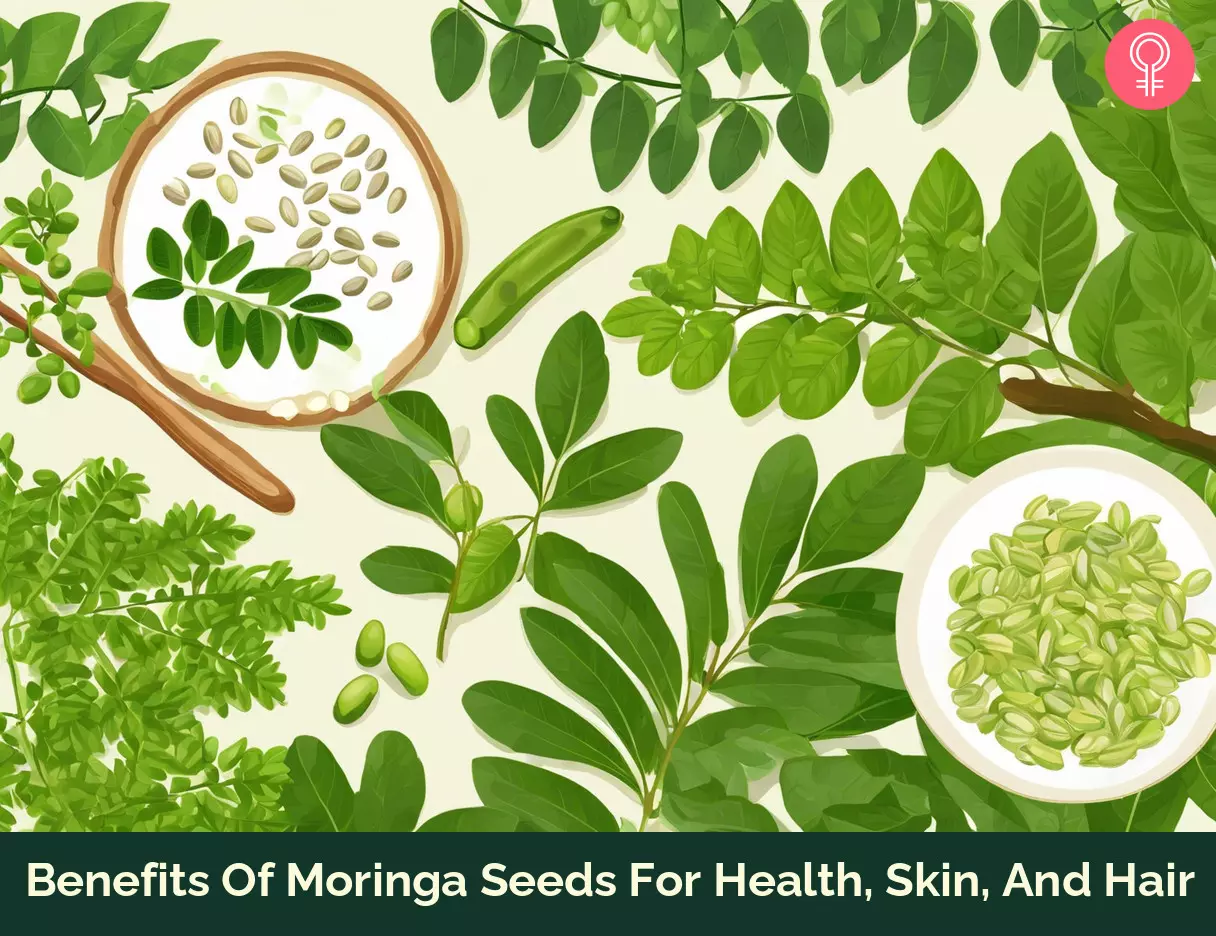
Image: Stable Diffusion/StyleCraze Design Team
Discover the extraordinary health benefits of moringa seeds in this captivating video. Learn the art of incorporating them into your diet and unlock a world of nutritional goodness.
Personal Experience: Source
StyleCraze's articles are interwoven with authentic personal narratives that provide depth and resonance to our content. Below are the sources of the personal accounts referenced in this article.
i. Moringa Testimony: How Moringa Oleifera can Redefine your Healthy living-Naturallyhttps://vegeneria.blogspot.com/2012/08/moringa-testimony-how-moringa-oleifera.html
References
Articles on StyleCraze are backed by verified information from peer-reviewed and academic research papers, reputed organizations, research institutions, and medical associations to ensure accuracy and relevance. Read our editorial policy to learn more.
- Multifaceted applications of different parts of Moringa species: Review of present status and future potentials
https://www.chemijournal.com/archives/?year=2019&vol=7&issue=2&ArticleId=5257&si=false - Moringa oleifera: A review on nutritive importance and its medicinal application
https://www.sciencedirect.com/science/article/pii/S2213453016300362 - Moringa Genus: A Review of Phytochemistry and Pharmacology
https://www.ncbi.nlm.nih.gov/pmc/articles/PMC5820334/ - Evaluation of antidiabetic and antioxidant activity of Moringa oleifera in experimental diabetes
https://pubmed.ncbi.nlm.nih.gov/22103446/ - Effect of fruits of Moringa oleifera on the lipid profile of normal and hypercholesterolaemic rabbits
https://pubmed.ncbi.nlm.nih.gov/12738086/ - Cardiac Protective Effects of Moringa oleifera Seeds in Spontaneous Hypertensive Rats
https://pubmed.ncbi.nlm.nih.gov/26864583/ - Anti-inflammatory and antioxidant effects of a combination of cannabidiol and moringin in LPS-stimulated macrophages
https://pubmed.ncbi.nlm.nih.gov/27215129/ - Antioxidant and Anti-Inflammatory Activities of the Crude Extracts of Moringa oleifera from Kenya and Their Correlations with Flavonoids
https://www.ncbi.nlm.nih.gov/pmc/articles/PMC6721178/ - Brain foods: the effects of nutrients on brain function
https://www.ncbi.nlm.nih.gov/pmc/articles/PMC2805706/ - Ameliorative effects of Moringa oleifera Lam seed extract on liver fibrosis in rats
https://pubmed.ncbi.nlm.nih.gov/19854235/ - Promising features of Moringa oleifera oil: recent updates and perspectives
https://www.ncbi.nlm.nih.gov/pmc/articles/PMC5146848/ - Bioactive Components in Moringa Oleifera Leaves Protect against Chronic Disease
https://www.ncbi.nlm.nih.gov/pmc/articles/PMC5745501/ - Scribbling the Cat: A Case of the “Miracle” Plant Moringa oleifera
https://www.ncbi.nlm.nih.gov/pmc/articles/PMC6918402/ - Cultivation Genetic Ethnopharmacology Phytochemistry and Pharmacology of Moringa oleifera Leaves: An Overview
https://www.ncbi.nlm.nih.gov/pmc/articles/PMC4490473/ - Iron Deficiency Anemia
https://www.ncbi.nlm.nih.gov/books/NBK448065/ - Phytochemicals of Moringa oleifera: a review of their nutritional therapeutic and industrial significance
https://www.ncbi.nlm.nih.gov/pmc/articles/PMC5033775/ - Histological exhibition of the gastroprotective effect of Moringa oleifera leaf extract
https://www.ncbi.nlm.nih.gov/pmc/articles/PMC5834558/ - A Review on Antiulcer Activity of Few Indian Medicinal Plants
https://www.ncbi.nlm.nih.gov/pmc/articles/PMC4058214/ - Anti-ulcer and antioxidant activity of Moringa oleifera (Lam) leaves against aspirin and ethanol induced gastric ulcer in rats
https://www.researchgate.net/publication/312726506_Anti-ulcer_and_antioxidant_activity_of_Moringa_oleifera_Lam_leaves_against_aspirin_and_ethanol_induced_gastric_ulcer_in_rats - Enhancement of human skin facial revitalization by moringa leaf extract cream
https://www.ncbi.nlm.nih.gov/pmc/articles/PMC4112252/ - Promising features of Moringa oleifera oil: recent updates and perspectives
https://www.ncbi.nlm.nih.gov/pmc/articles/PMC5146848/ - PHYTOCHEMICALSTUDIESAND MULTIPURPOSEUSESOF SEED OIL OFMORINGA OLEIFERA
https://www.academia.edu/26119758/PHYTOCHEMICALSTUDIESAND_MULTIPURPOSEUSESOF_SEED_OIL_OF_MORINGA_OLEIFERA - Wastewater treatment using a natural coagulant (Moringa oleifera seeds): optimization through response surface methodology
https://www.ncbi.nlm.nih.gov/pmc/articles/PMC8637492/ - Effect of water coagulation by seeds of Moringa oleifera on bacterial concentrations
https://pubmed.ncbi.nlm.nih.gov/3586089/ - Drugs and Lactation Database (LactMed)
https://www.ncbi.nlm.nih.gov/books/NBK501899/ - Moringa oleifera Lam and its Therapeutic Effects in Immune Disorders
https://www.ncbi.nlm.nih.gov/pmc/articles/PMC7773658/
Read full bio of Ariana Fiorita
- Barbara Kovalenko is a nutritional consultant with 4 years of experience in nutrition and mindful eating coaching. She earned her bachelor's degree in nutrition from Bogomolets National Medical University, Ukraine and master's degree from Boston University, USA.
 Barbara Kovalenko is a nutritional consultant with 4 years of experience in nutrition and mindful eating coaching. She earned her bachelor's degree in nutrition from Bogomolets National Medical University, Ukraine and master's degree from Boston University, USA.
Barbara Kovalenko is a nutritional consultant with 4 years of experience in nutrition and mindful eating coaching. She earned her bachelor's degree in nutrition from Bogomolets National Medical University, Ukraine and master's degree from Boston University, USA.
Read full bio of Ravi Teja Tadimalla
Read full bio of Arshiya Syeda
Read full bio of Sindhu Koganti





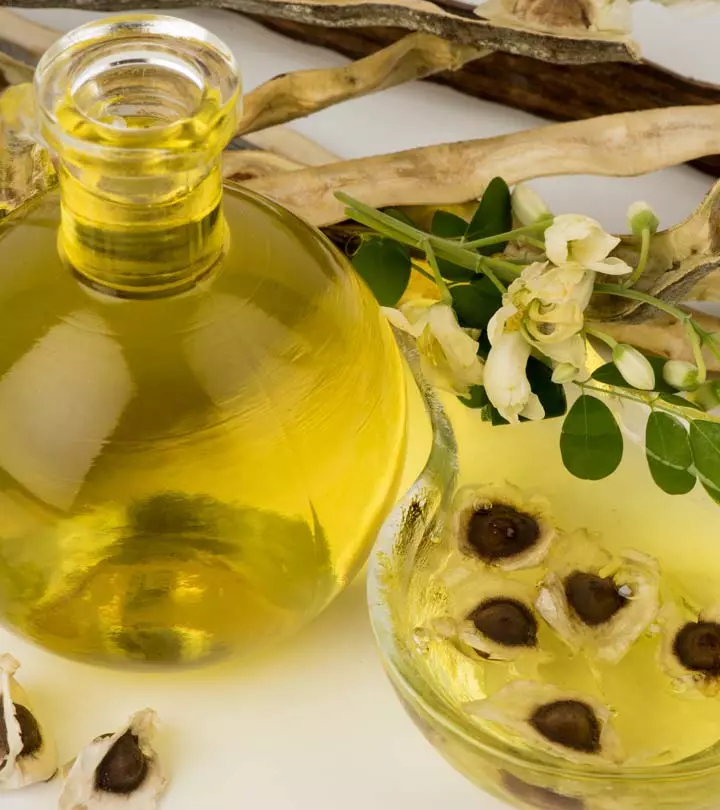
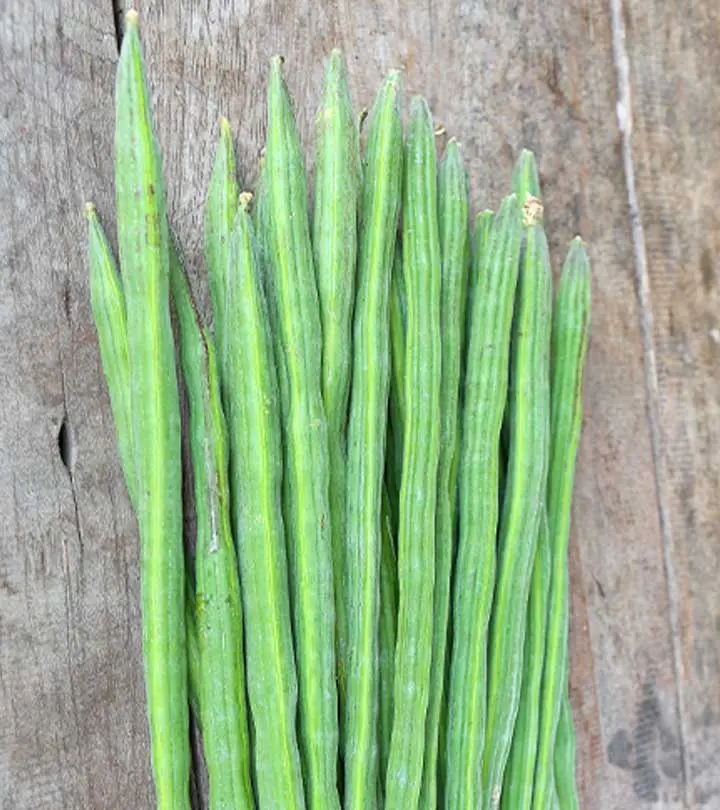
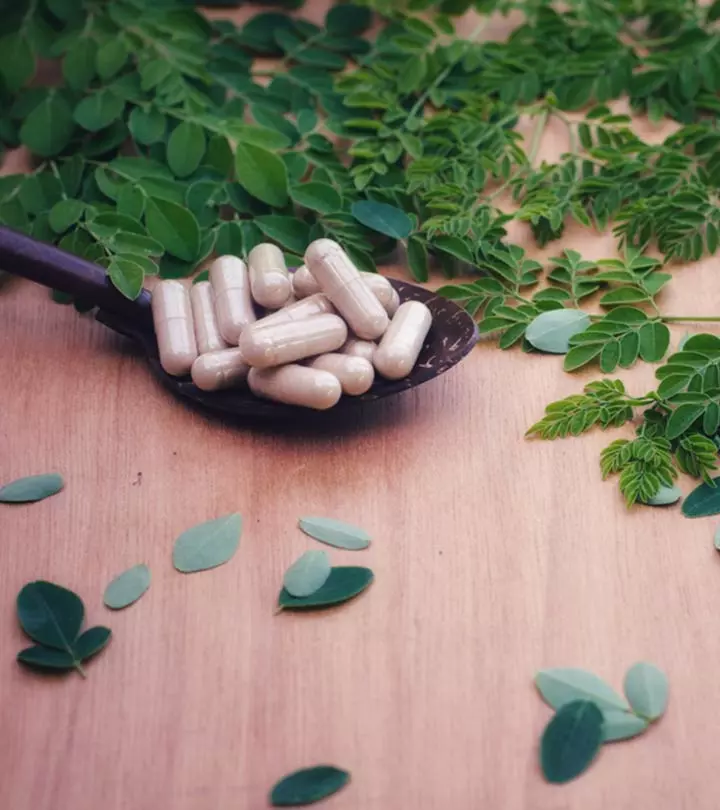
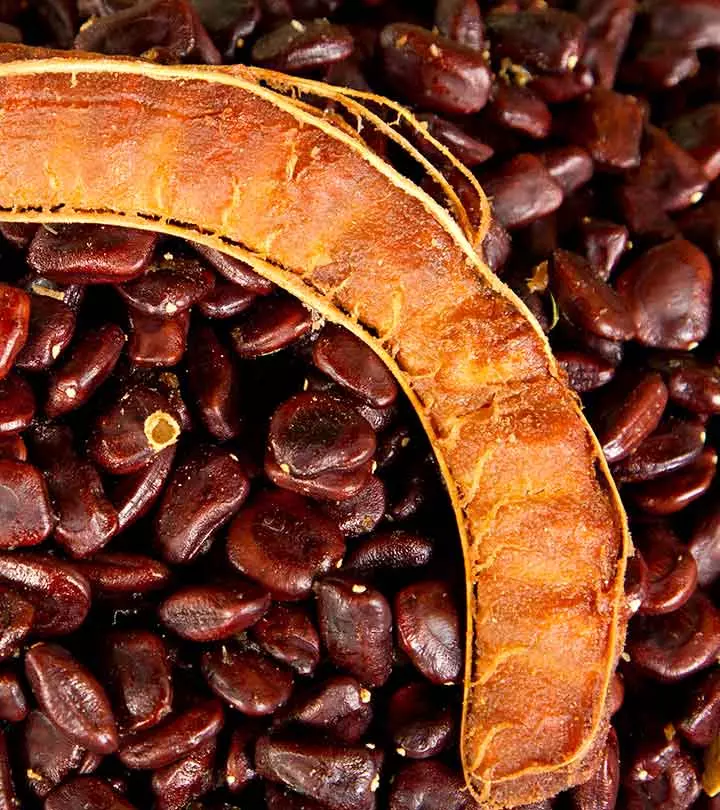
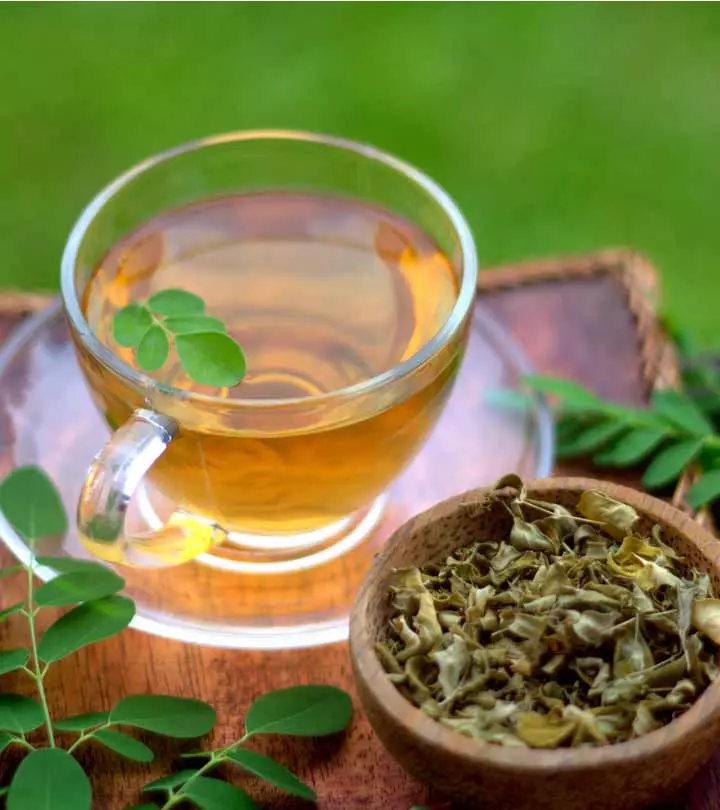
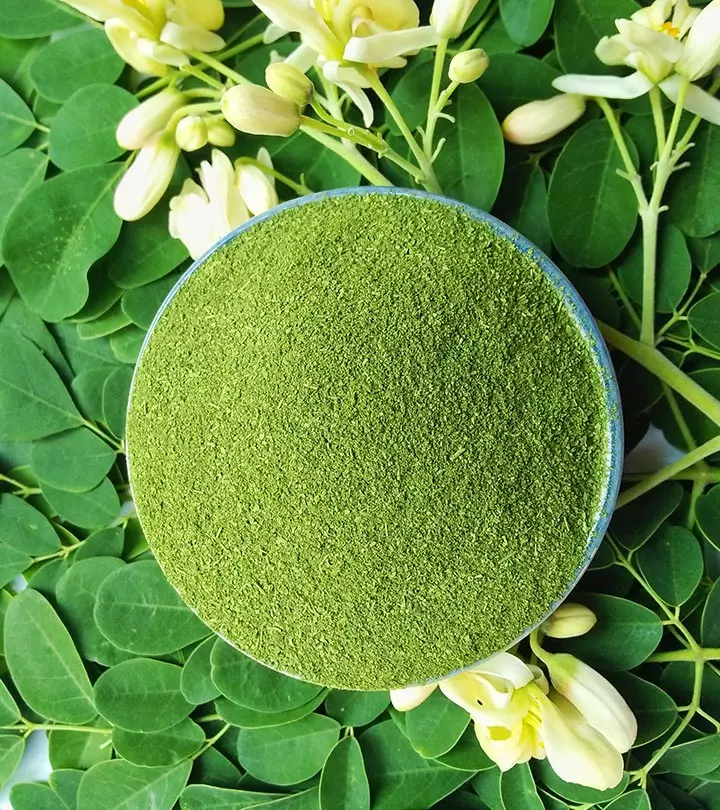
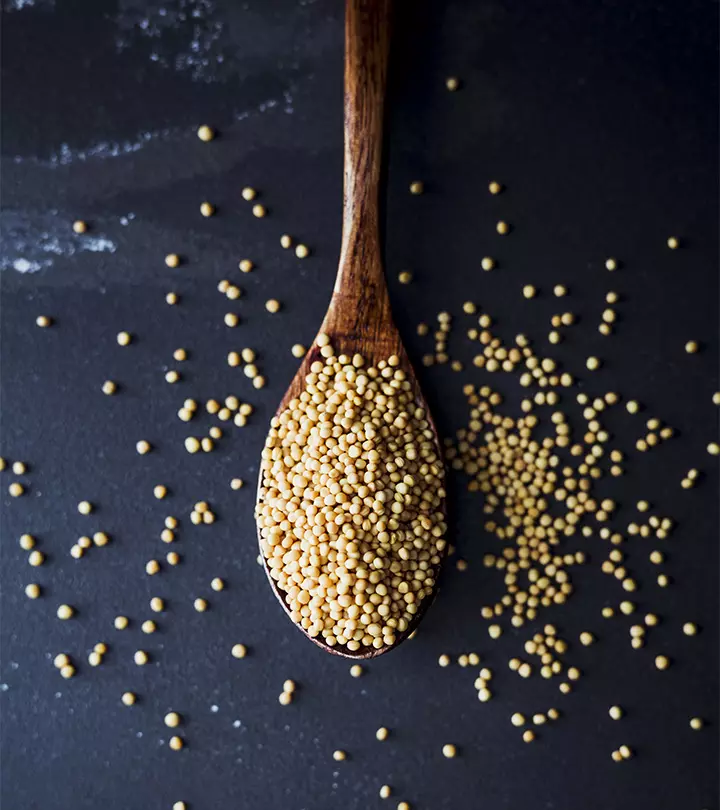
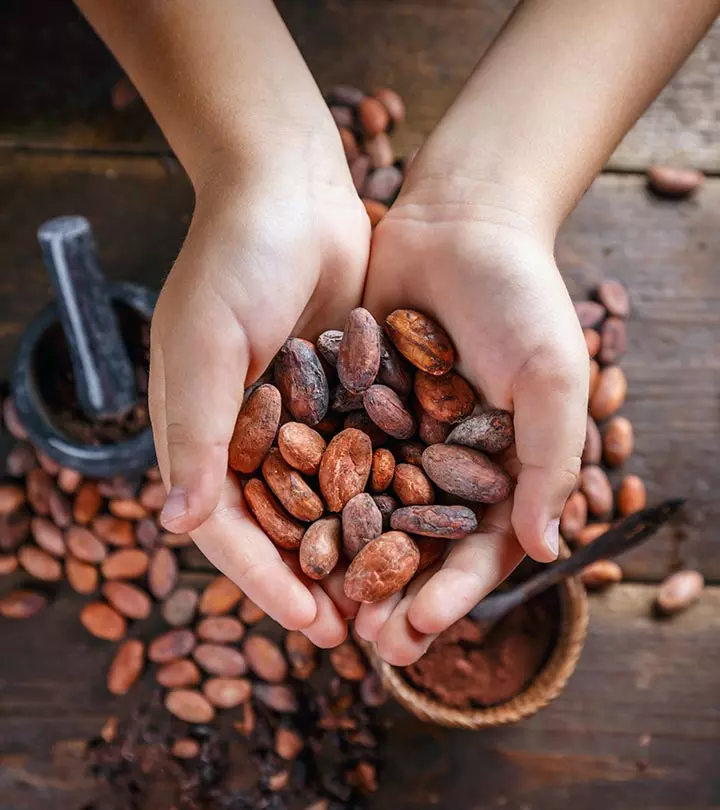
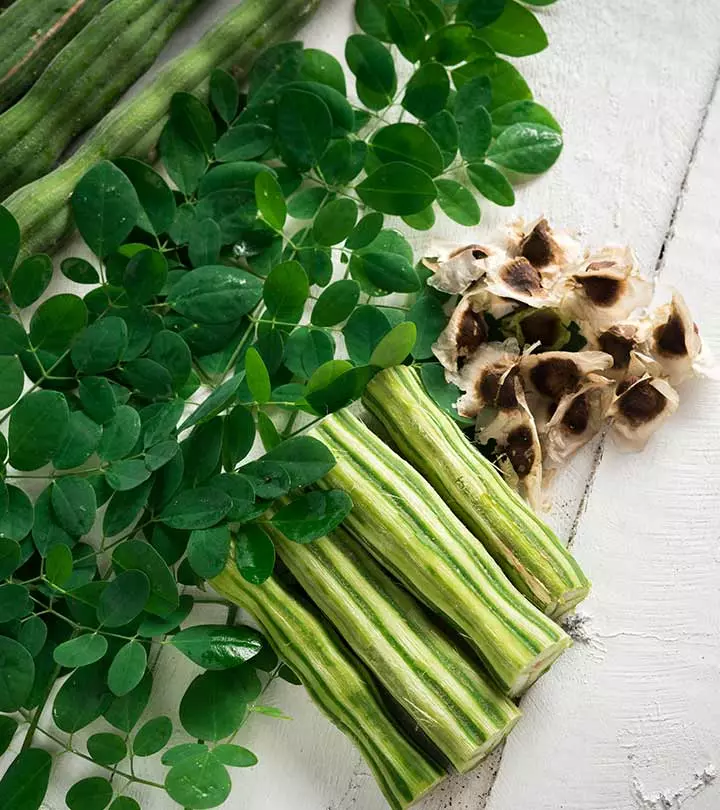
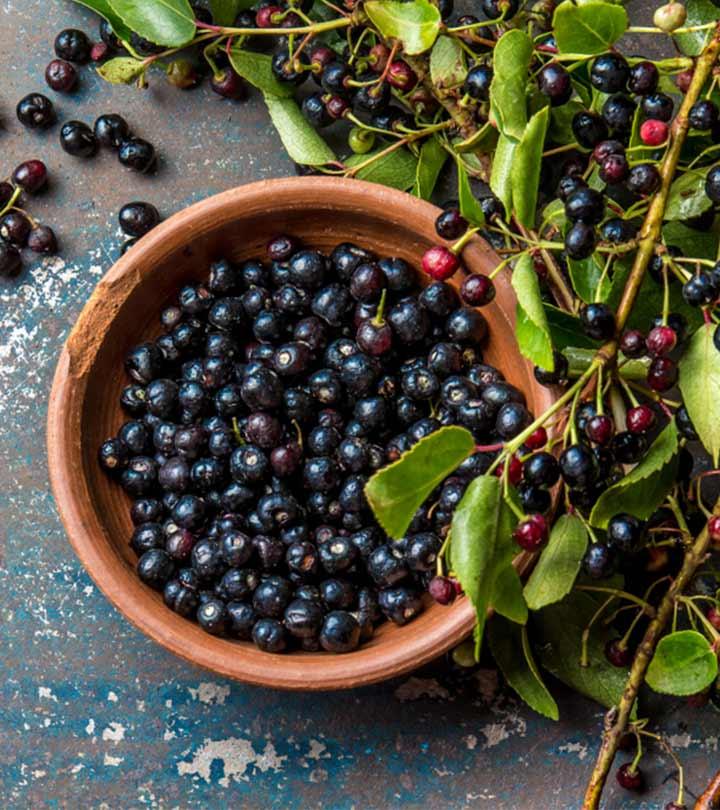
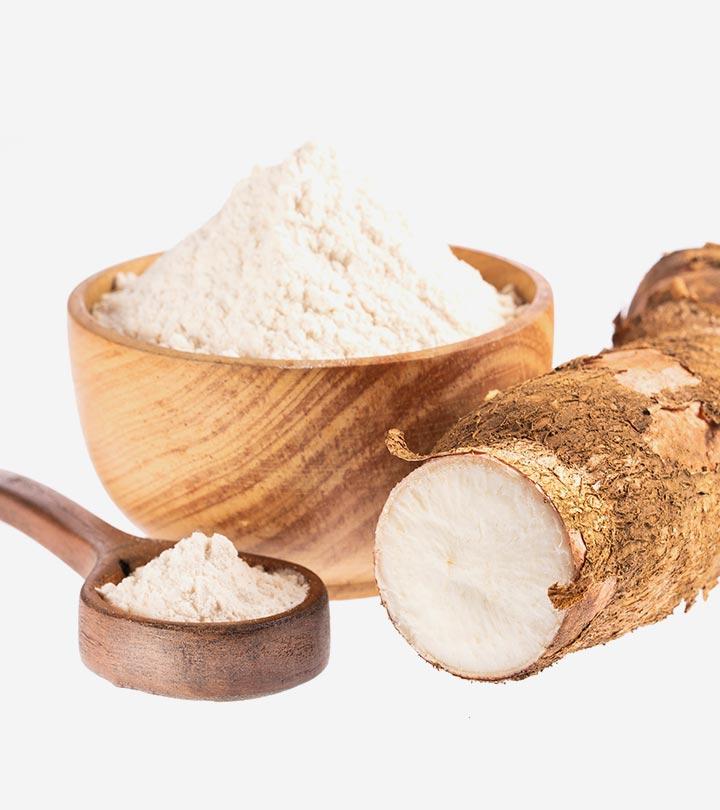


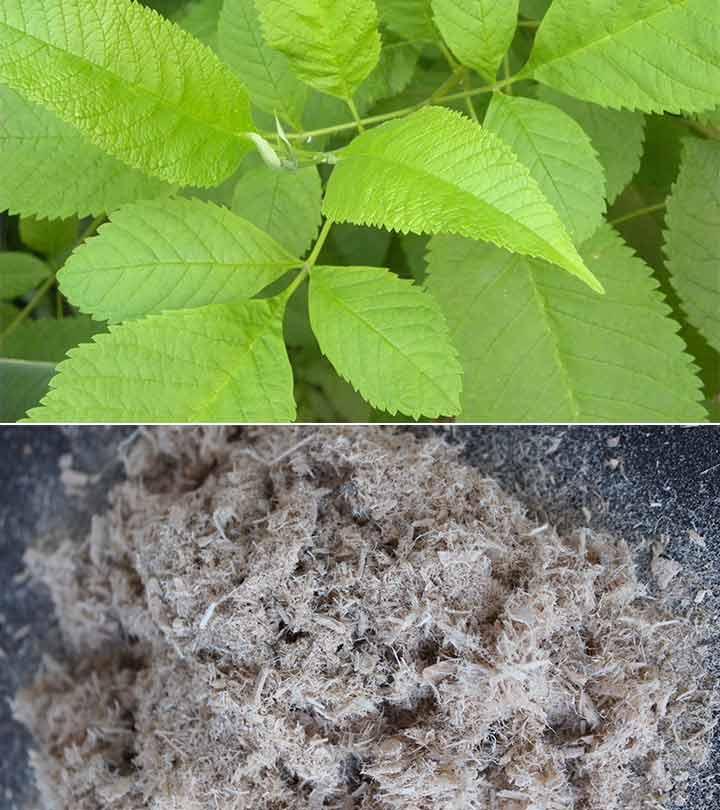
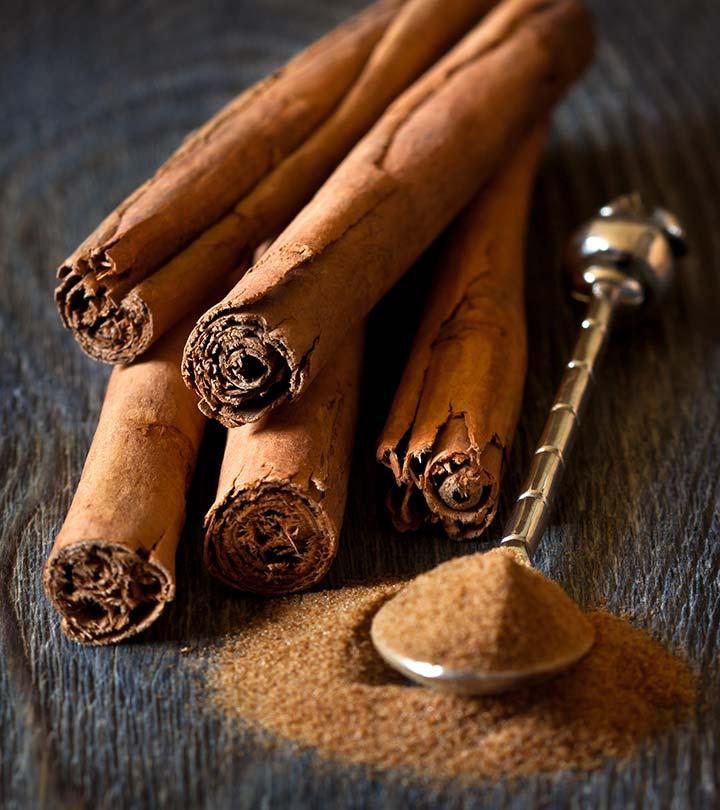




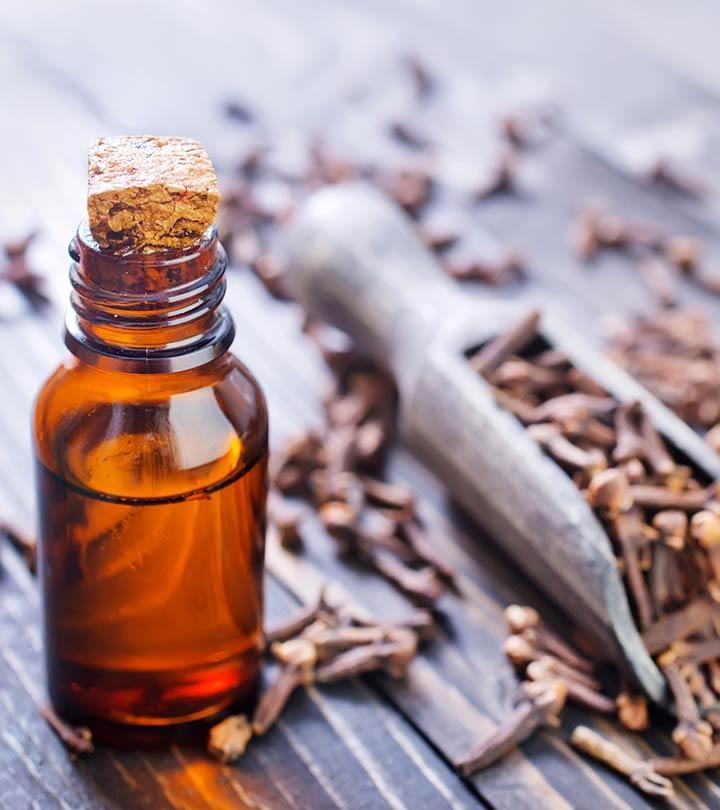
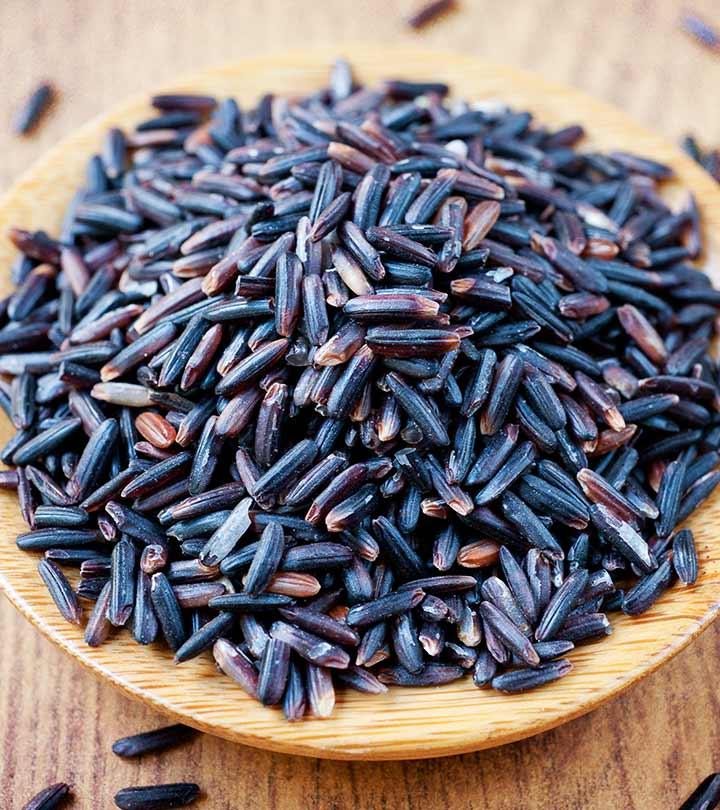
Community Experiences
Join the conversation and become a part of our empowering community! Share your stories, experiences, and insights to connect with other beauty, lifestyle, and health enthusiasts.